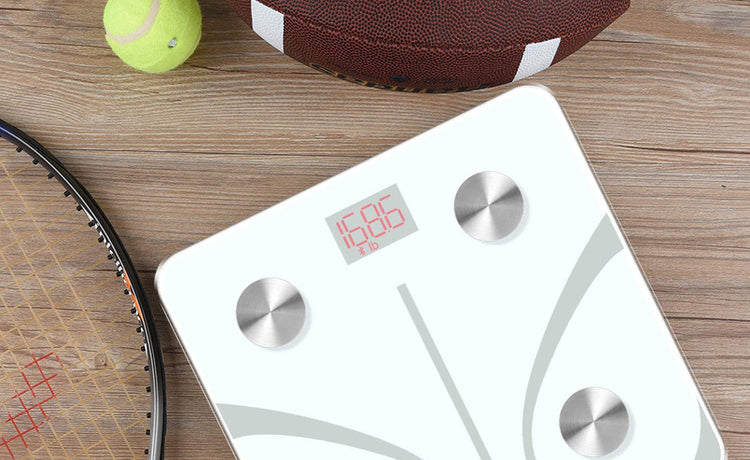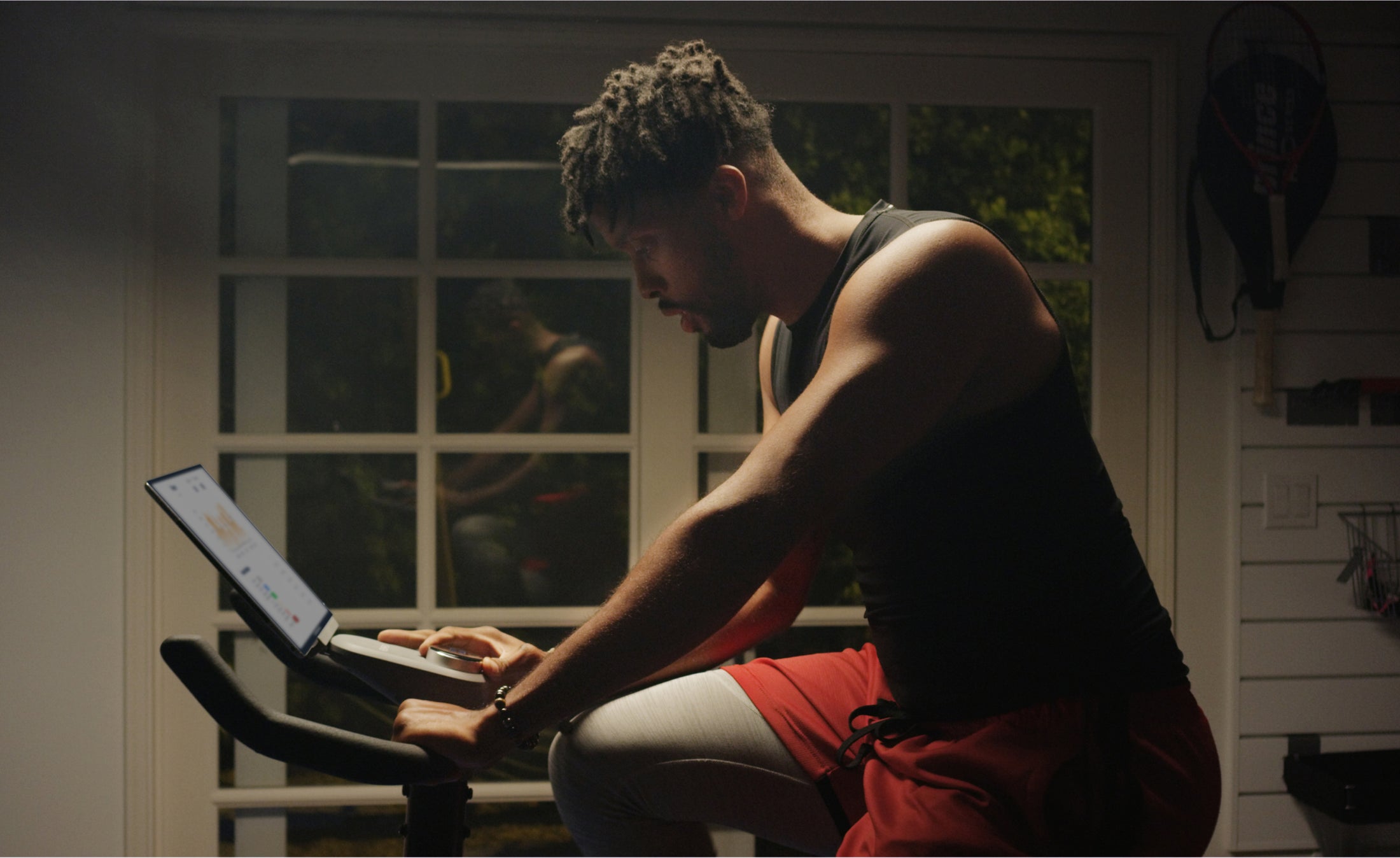Quality over Quantity: Is Single-Tasking the Key to Stellar Health Instead of Multitasking?

Stay tuned to our latest news
“Embrace Your Pace” is more than just a phrase; it is a philosophy for individuals who march to the beat of their own drum. As the seasons transition from the fresh blossoms of April to the sunlit days of June, this ongoing RENPHO series will help to highlight the myriad ways one can embrace a life lived at their own pace.
Whether it’s at home, school, or work, multitasking has become a prevalent and often praised skill, which involves working on two or more tasks simultaneously. However, research suggests multitasking is not as effective as it may seem and could decrease our productivity by reducing your comprehension, attention, and overall performance.
Why is multitasking a myth? Well, the concept that it might be stems from the fact that our brains are not actually capable of focusing on multiple tasks at a time. According to Psychology Today, we are not “multitasking”, but rather toggling back and forth between various tasks, or sometimes known as task-switching. If we’re constantly switching our focus, we not only diminish our ability to complete our tasks effectively, but we are only exerting effort into little tasks without finishing anything.
Let’s dive into the actual disadvantages of multitasking while we embrace the idea of single-tasking. This article would help guide us in improving our ability to concentrate, being more present in activities, and enhancing our mental prowess.
What Makes Multitasking So Desirable?

What does a typical multitasker look like? It’s different for everyone. Sometimes it's the one with multiple websites open so they could through all their tasks in one go, or maybe it's the person with a phone in ear, laptop in hand, coffee in another, while in a meeting with several people.
Oftentimes multitasking is presented as something desirable, and if a person has this skill, he or she is seen as a productive and efficient person. But why? Multitasking often draws societal praise because of the notion that multiple tasks can be done at the same time. Of course, when people say they are certified “multitaskers”, there would be an air of compliments surrounding them.
With constant pressure to “do more for less time”, working on multiple tasks may look like the answer to being overwhelmed. This, in turn, makes multitasking the “perfect solution” for everyday tasks.
The Reality Behind Multitasking

The reality is multitasking poses more risks to the mind and body. Health-wise, research suggests that multitasking can cause various issues such as burnout and concentration loss. According to a 2001 study, shifting between multiple tasks could slow down a person’s productivity by 40%, mainly because of the brief mental blocks created by task-switching.
Multitasking has also caused workload paralysis or the feeling of being overwhelmed by work. Figuratively speaking, this paralyzes a person with fear and disables their ability to do anything at all – including small tasks. It kills motivation and in the long run, causes more stress, exhaustion, and guilt.
In a book titled “Organize Your Mind, Organize Your Life” from Harvard Health Publishing, authors Dr. Paul Hammerness and Margaret Moore said contrary to popular belief, multitaskers are less likely to retain information in working memory, which can halt the development of creativity and problem solving. Individuals who multitask are also more likely to make mistakes and miss important information and social cues.
Even with the elderly, research shows that multitasking causes greater risk of falls in women’s gait patterns.
Single-Tasking as the New Norm

If you’re an avid multitasker, it is best to consider taking a break from it to help your mind and body recover. As multitasking is a skill, you don’t need to give it up entirely, but having a little focus can help.
As the name suggests, single-tasking is the concept of focusing on one task at a time, with little to no distraction. As opposed to “doing more for less time”, this roots from the idea of “doing less to do more”.
Research shows that single-tasking is more productive and less stressful, as you are able to give 100% of your attention to a single task. Not only does it help improve focus and memory, it also lets a person be more creative, as we could think more clearly and come up with more creative ideas.
It may be difficult to break free from the clutches of being a multitasker, but it is important to recognize that there are only certain tasks that need multitasking, and others could have more time and focus spent on them. So, how can we break free from this habit and embrace single-tasking to enhance focus and productivity?
Here are some practical tips on how to single-task:
- Improve focus: If there are too many activities to cram, give yourself time to choose the most important thing on your list and focus solely on it. If you’re unable to choose which to focus on, plan out your day and make a comprehensive list of your tasks so you could see which ones to prioritize and focus on first.
- Try ‘chunking’: Time chunking or simply ‘chunking’ is a time management strategy that allocates blocks of time more effectively throughout the day. It’s a great multitasking saver as it minimizes interruptions and groups similar tasks together. This helps decrease the extra time that you could use to shift to another task.
- Single-tabbing: This might be easier said than done, but multiple tabs do offer distractions. You could try downloading a browser extension that limits tab browsing for you, or try controlling yourself fully from adding a new tab.
- Set a timer: If you feel you need an extra nudge in trying single-tasking, you could start small, with having at least 5 minutes of distraction-free and single-tasking time a day.
Remember that transitioning to single-tasking could be a slow process, but remind yourself of the benefits that it brings, especially for your health. If you can’t let go of multitasking, start small with breaks and realistic expectations. Practice it consistently to become more familiar with it, and focus on persevering in breaking the multitasking habit.
Renpho Health Tips
-

Relief Hacks: The Importance of Keeping a Migraine Diary
June 17, 2024
Read more >
-

Can a Massage Gun Really Help Diminish the Appearance of Cellulite?
June 13, 2024
Read more >
-

RENPHO Buzz: Why RENPHO is the Perfect Gift for Father's Day!
June 13, 2024
Read more >
-

Shrinking Dishes: Exploring the Reasons Why Food Portions Decrease During Cooking
June 13, 2024
Read more >
-

Finding Relief: Using a Leg Massager to Alleviate Neuropathy
June 17, 2024
Read more >





